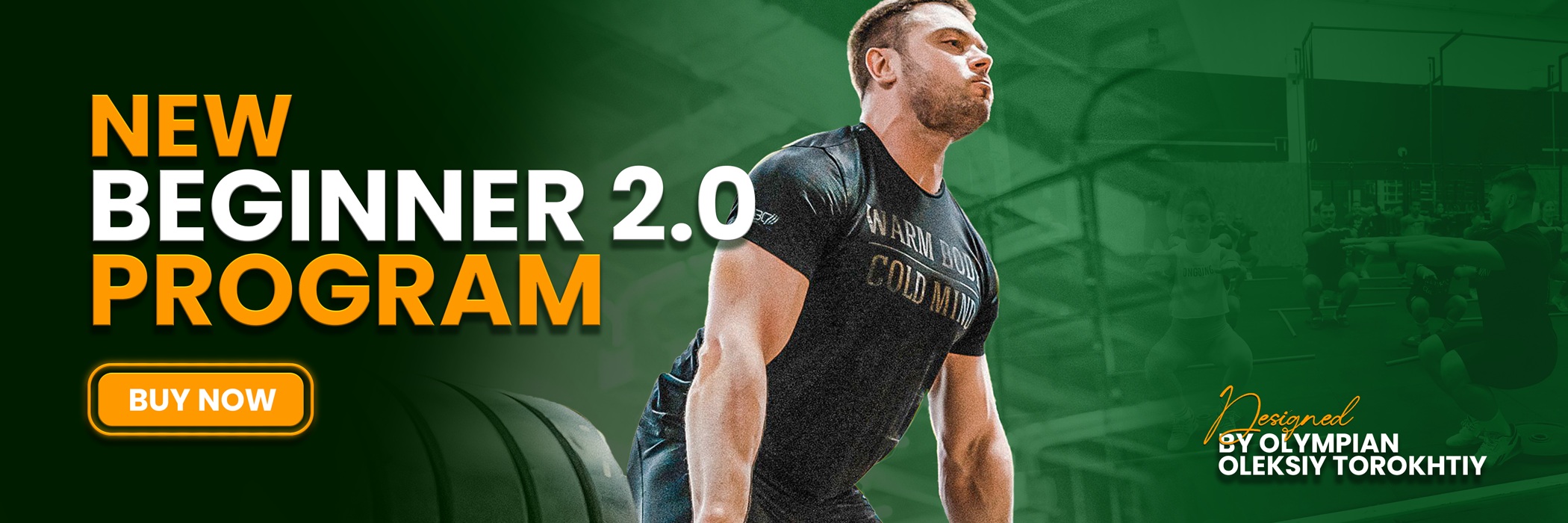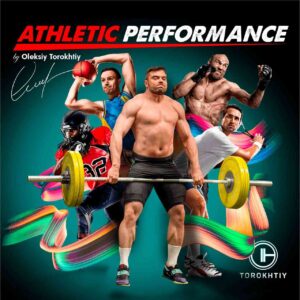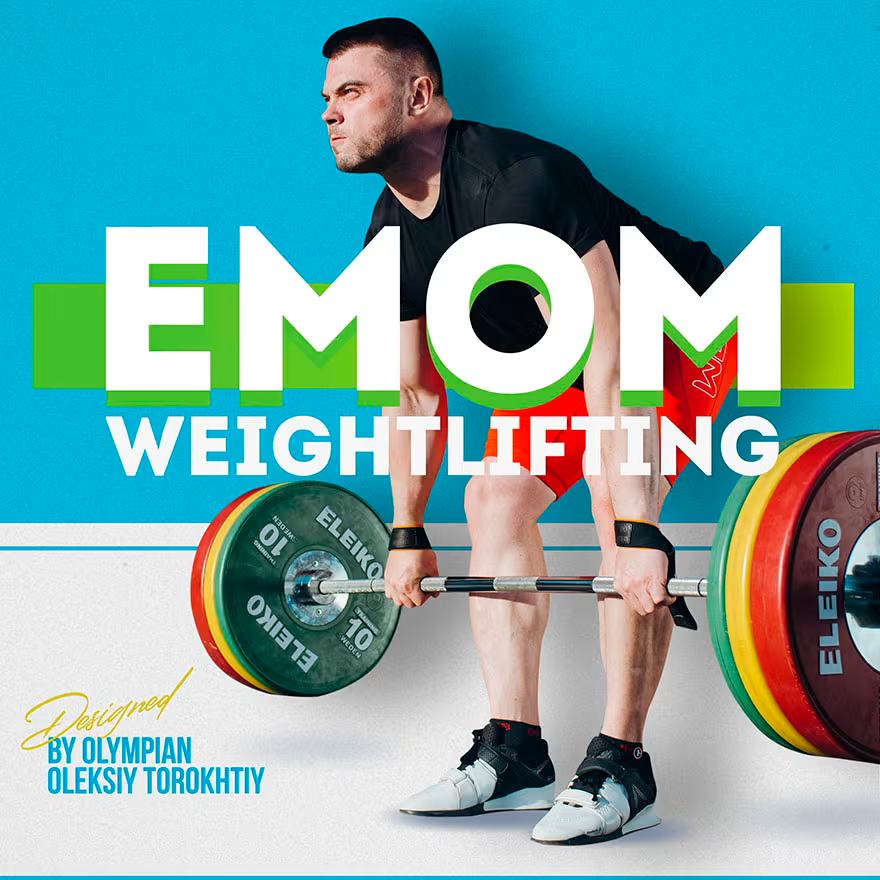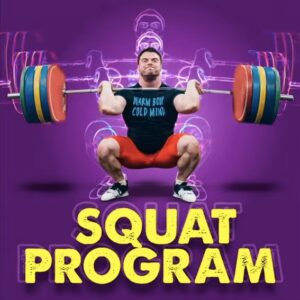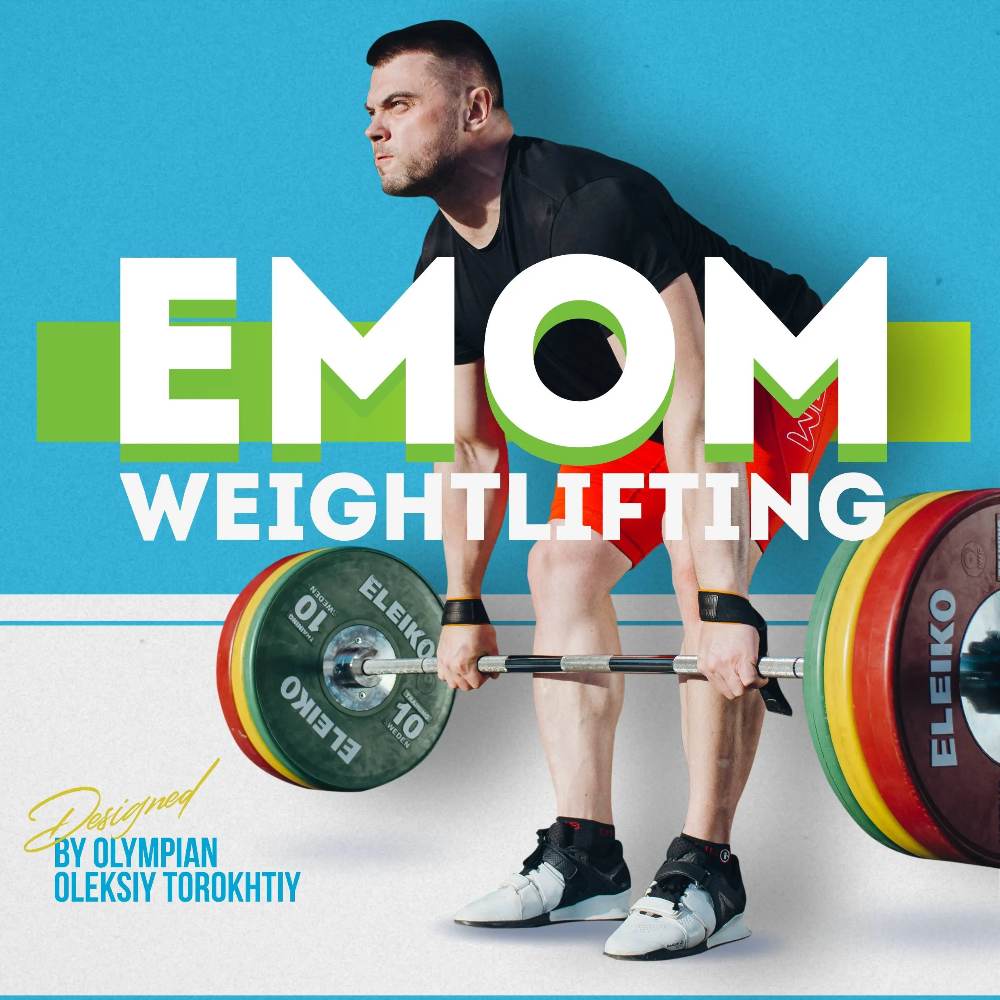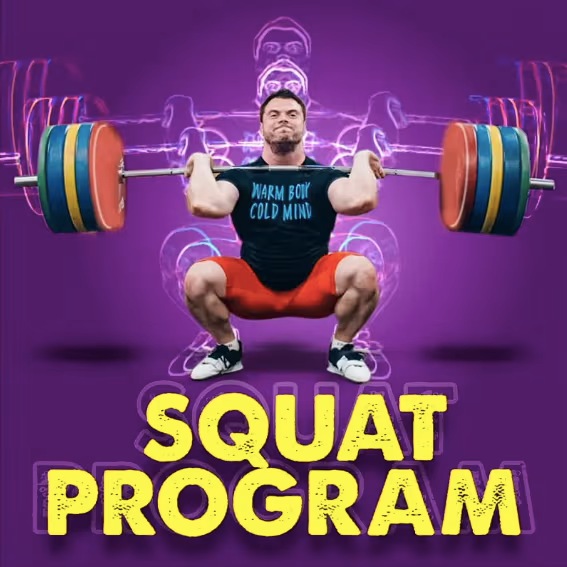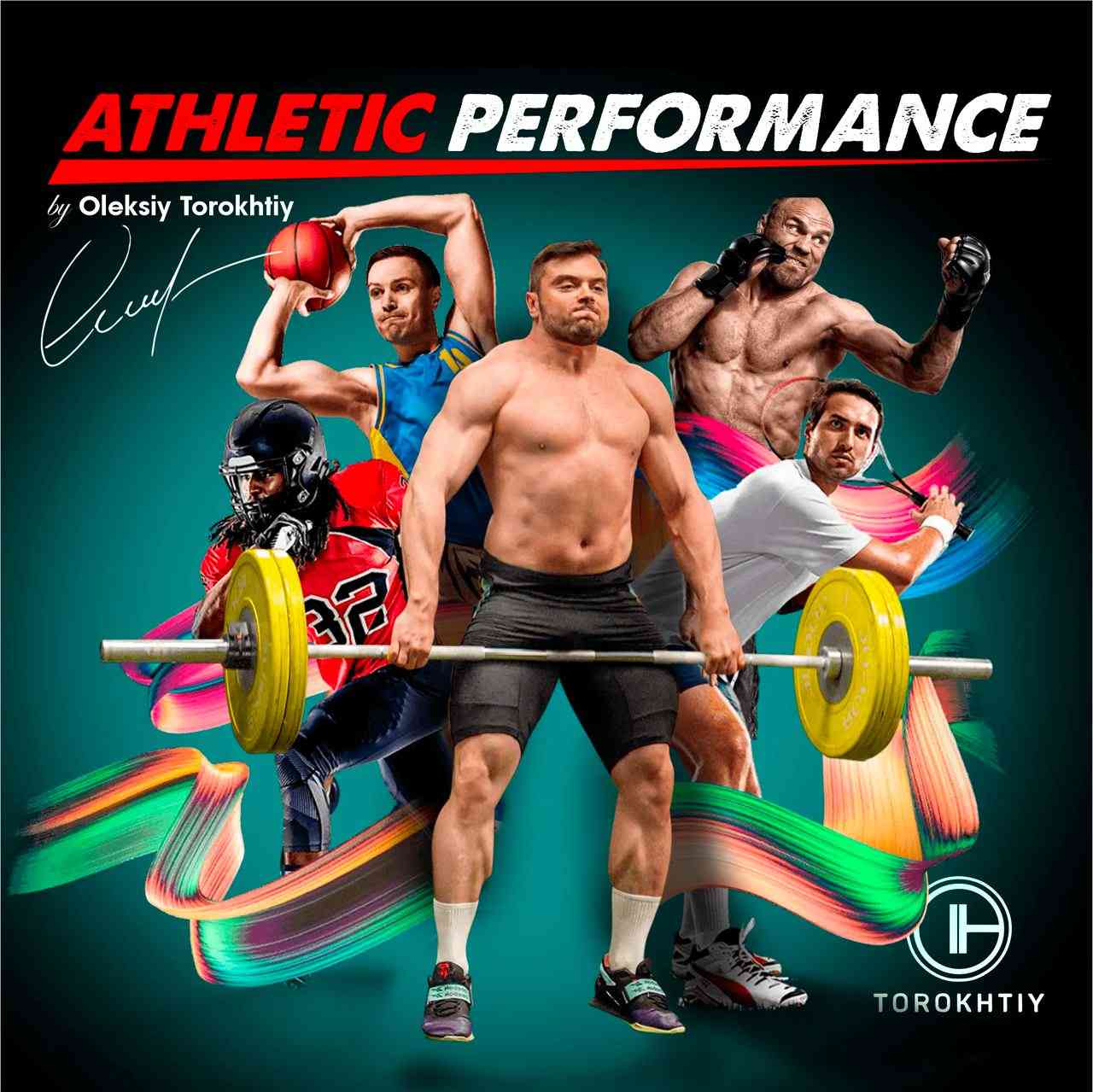Pavlo Kordiyaka Interview: WSM 2024, overtrain, eating 8000 calories a day, gaming, upcoming plans and 3 advices to novice athletes
Author:
This year, the World’s Strongest Man gathered 30 contestants in Myrtle Beach, South Carolina, who were competing from May 1st to May 5th. And on the final day, we knew the winner – Tom Stoltman was crowned the 2024 World’s Strongest Man by taking his third title in four years.
But our sights were directed to Pavlo Kordiyaka, the only Ukrainian strongman who was representing his country this year, ranking 8th of 10 finishers with 27 points overall. Let’s remind you of Pavlo’s accomplishments and previous wins.
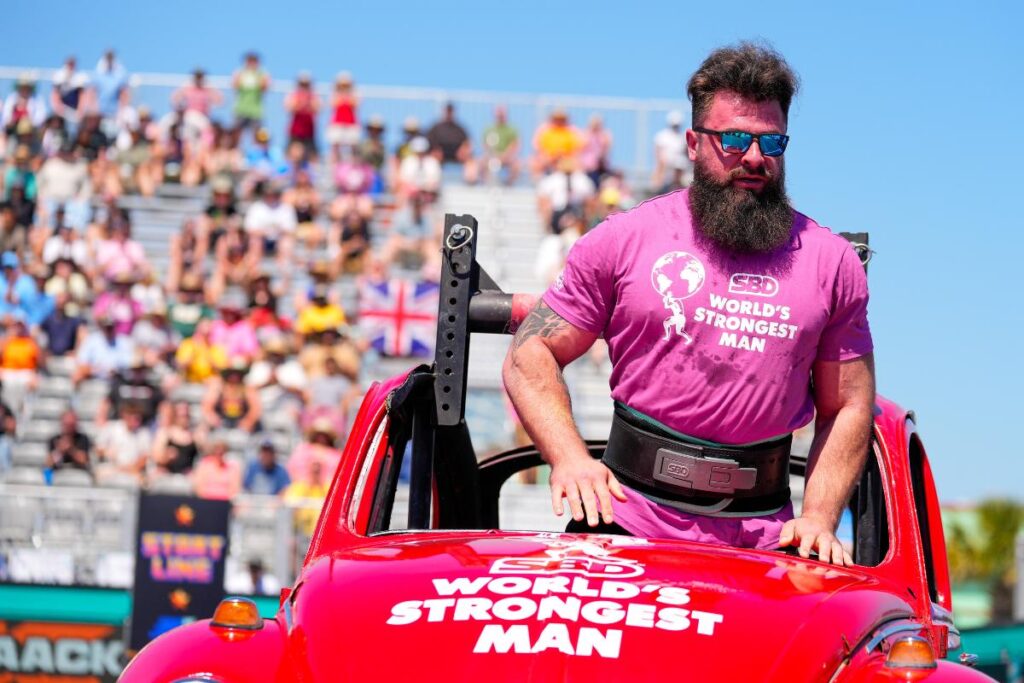
Pavlo is a 28-year-old Ukrainian strongman who reigned the 2023 Europe’s Strongest Man title. He participated in 20 International strongman competitions which resulted in 5 wins, and has multiple wins, including ‘Official Strongman Games’, ‘Marijampolė International’, ‘Pahlavon Mahmud Strongman Grand Prix’ and ‘Ukraine’s Strongest Man’ competitions.
He took up strongman at 18 due to the encouragement of Vasyl Virastyuk who is a former Ukrainian World’s Strongest Man. Our Torokhtiy Media Team succeeded in meeting with the Ukrainian giant and taking an interview after the WSM final stage. Let’s observe the most interesting moments from our talk:
You may like it: Effective Strongman Training Program To Gain Max Strength
What are your impressions and emotions after the 2024 WSM?
“To be honest, I had mixed feelings after the competition as I finished with different results in each event: I got to the Top 3 in some exercises while bumping into pitfalls during other events.
Overall, I performed well, there are things I need to work on to improve my showings for the next Strongman competitions. So, I can make conclusions after this battle to move further with better results.”
“I had mixed feelings after the competition as I finished with different results in each event. The toughest moment was the psychological tension during the competition.”
What event was the toughest one at the 2024 WSM and how did you manage to cope with it?
“Indeed, all exercises are challenging, but, for me, the toughest moment was the psychological tension during the competition.
The thing is, the WSM tournament lasted for 4 days and all the preparation started early in the morning: we arrived at the training hall where we were competing for the whole day. Meaning, we had 3 events with 3-hour breaks between each.
At the end of each exercise you feel burned and exhausted: before every exercise, you should warm up, then perform the event, and cool down. All in all, you have 3 difficult events to perform properly, which makes you tired pretty well. In between each competition event day, I drove to a hotel to sleep which helped a lot to relax and accumulate strength.”
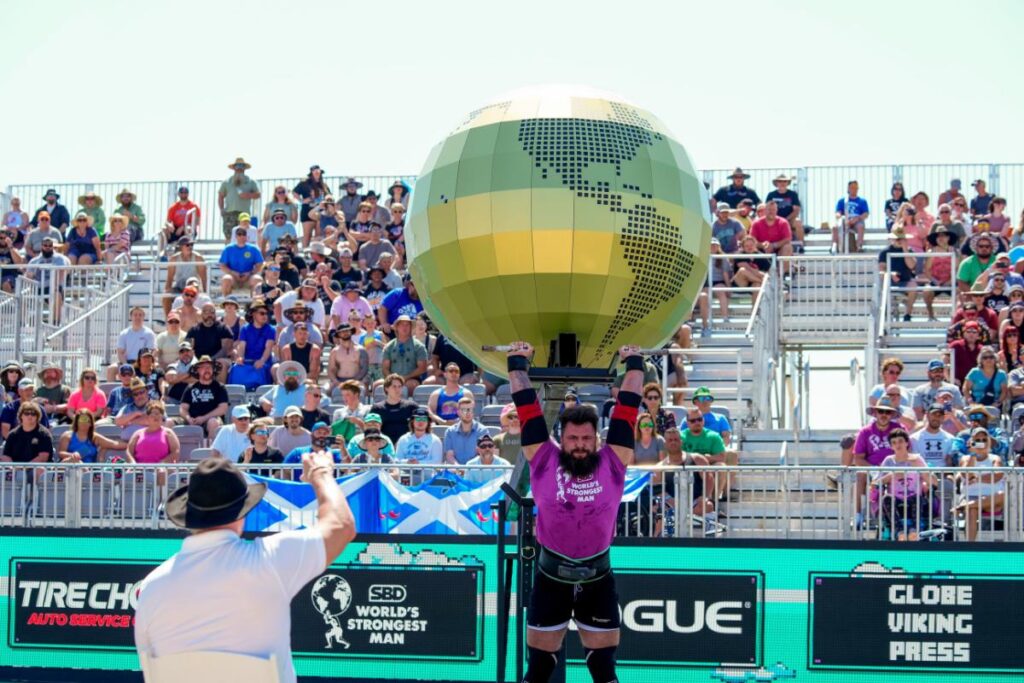
What are your impressions of the preparation stage for the 2024 WSM?
“I was preparing to the Europe’s Strongest Man and WSM simultaneously because the exercises at the ESM 2024 and WSM 2024 were the same. But, frankly speaking, I was overtrained for the World’s Strongest Man. Moreover, I failed my performance at the European competition.
There were just 3 weeks till the start of the WSM: so, I did one heavy training session and then got some rest, and added some stimulant supples that would improve my condition and promote performance. However, I didn’t think that I performed well because we didn’t have enough time for recovery and power resumption.”
You may like it: Effective Strongman Training Program To Gain Max Strength
What does your typical training week look like?
“I had 4 main strength training sessions in a week, along with one main exercise for a workout, with some accessory exercises, followed by 2 days of conditioning, meaning cardio workouts, recovery sessions, and stretching.”
“Deadlift is my weak side, but still my favorite exercise”
Which exercise is invaluable and hard to replace, and why?
“For me, it’s a deadlift. First, it’s my weakness; second, this exercise is present at every competition in any variation. Still, the deadlift is my favorite exercise, but speaking about the accessory drills that is essential for me is reverse hyperextension. For me, it’s a good warm-up and this is an effective way to prevent back injury.”
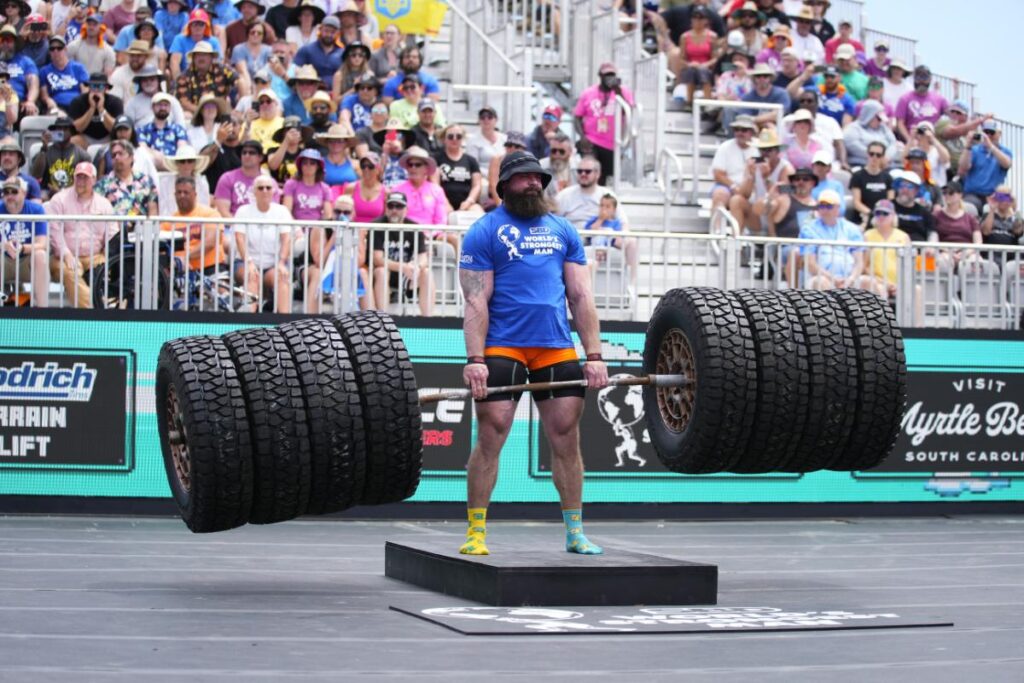
How have your training sessions and the preparation approach changed over time with more experience under the belt after top-level competitions?
“At the start, I was training alone (Editorial note: without a coach), but now I’m working out under the guidance of my coach Stanislav Matvienko. What changes happened over time and gaining experience?
I think I started to compete less because now we focus more on the major competitions, meaning I choose just two or three events per season and start preparing for them.
We build the specific training program, think out its cycle and intensity level. Earlier when competing in the world events, I was training just basic exercises and now we adjust the workout regime to the current situation.”
“Now, my training program is targeted directly to the competition. Additionally, now I have more time for strength restore, more massage sessions, visiting a sauna, and walking. Surprisingly, playing on a game console helps me to distract from the training process”.
Say some words about the process of weight gain. What body weight is optimal for you and how do you plan to get this weight indication?
“You know, it’s a difficult question. I have some issues with weight because I have a fast metabolic process and it’s hard for me to gain weight.
I eat from 6000 to 8000 calories a day and I can’t increase my weight, I gain weight too slowly.
Moreover, I follow a proper nutrition regime that includes cereal, meat, and vegetables, excluding oils. For instance, I can eat around 2.5 kilos of rice per day, 6 meat stakes, and vegetables; in the morning, I eat 8 or 12 boiled eggs, namely 8 whole eggs and 4 whites, mushrooms, veggies, cheese, and brown bread.
This is my menu for the day, sometimes I can take some sweets. But, considering the intensity of training and metabolism rate, those calories are burning at the speed of light.
Before the 2024 WSM, my weight was 139.8 kg which is the highest one in my career. But, considering my height, the ideal weight for me is 150-155 kg. So, I hope I’ll succeed in gaining it in the next two years.”

Are there specific foods or supplements you consider highly important for power and strength renewal?
“For me, it’s important to consume antioxidants, vitamin-mineral complexes, Magnesium, and Zink that help to restore the nervous system. To boost strength and power renewal I use Creatine and amino acids – these supplements are vital in such strength training as strongman. I think a strongman should consume at least 8-10 grams of Creatine a day; what’s about amino acids, I consume it in large doses – for instance, if the recommended dosage is 5-10 g, I consume 50-60 g.”
Tell about changes in your nutrition plan beyond the competition period.
“During the offseason period, I make my digestive system to take rest for several weeks, meaning I eat what I want and eat when I don’t want to eat. If I want pizza or a burger, I eat it. I eat for pleasure. Eating is like a separate job for me.”
“During the competition period, I try to follow the regime and consume more quality calories. Before the competition, I eat whatever I want to gain more calories to store it: it can be sweets, fast food, etc., to make my body renew, accumulating more energy for vigorous events.”
Can you give some advice about nutrition that can influence the overall efficiency?
“I think that first it’s a full healthy breakfast, meaning excluding eating sandwiches. To be honest, I haven’t been following such a healthy meal regime before. Second, try to eat every two-three hours to avoid feeling hungry, especially if you aim to gain weight.”
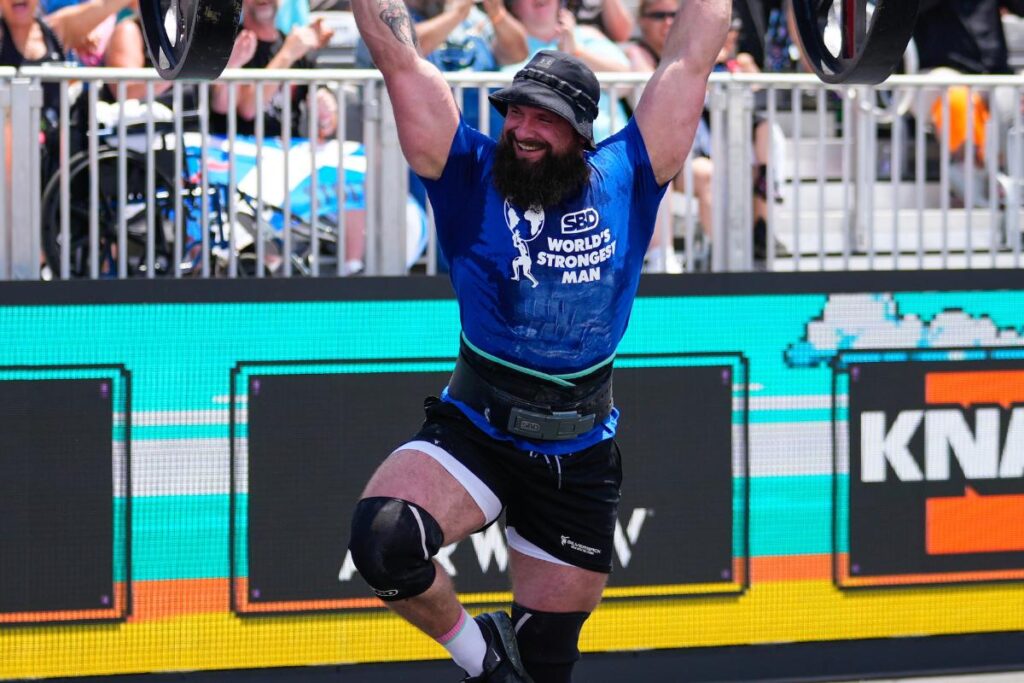
What methods do you use to recover after intensive training?
“I use rolling for myofascial release, stretching, specific sports massage (deep and painful), also implementing low-intensity cardio with 110-120 bpm, and finally sauna with a cold plunge.”
How do you ensure sufficient restoration for your body considering such a tense training regime? And whether it’s 100% effective?
“I feel exhausted and even overtrained quite regularly as I’m the type of person who works at the maximum during each training session. I used to do everything till the end. For example, if my training plan includes 300 kg deadlift 5 sets for 10 reps, I’ll do it with 5 by 10, even if I’ll die being fully exhausted.
“If my training plan includes 300 kg deadlift 5 sets for 10 reps, I’ll do it, even if I’ll die being fully exhausted”
I’ve already mentioned what I do to recover after a heavy workout, so there’s nothing new.
Ice bathing is a popular trend nowadays. What’s your opinion about this?
“I practice ice bathing in the summer and winter. I do it predominantly after vigorous training, but for me, a contrast shower or cold pool is a better option. To my mind, hot water and hot air, with cold water is the best combination. It stimulates blood circulation well and increases blood flow to the soft tissues.”

What role does sleeping play in the recovery process?
“Healthy sleep is a crucial aspect equally to a well-balanced training and quality nutrition plan. If you lack something, the preparation for any competition won’t be complete. I try to sleep at least 8-9 hours at night and 1.5-2 hours during the day. So, for me, sleep is highly crucial in the preparation stage for every tournament.”
Which preventive measures do you use to avoid injury during training and competition?
“As usual, I visit a doctor to observe all small tendons every 6-8 weeks before the competition, or when I feel discomfort. Additionally, I check my cardiovascular system twice a year, including vessels of the head, legs, valves, etc. Other observations refer to blood test, kidneys, liver, and hormones tests to be sure that the organism is working effectively.”
“I visit a doctor to observe all small tendons every 6-8 weeks”
Give 3 recommendations to your athletes-colleagues and beginners in strongman competitions.
“The first is to find a good coach who will build a proper training regime, keep an eye to your nutrition plan, and supplement usage. The second tip is to have a qualified dietitian who will create a specific nutrition regime focused on your sports goals. And the last is to have a professional doctor, including orthopedist-traumatologist and endocrinologist who will track your organism performance, prevent smallest traumas, and regulate hormonal balance.”
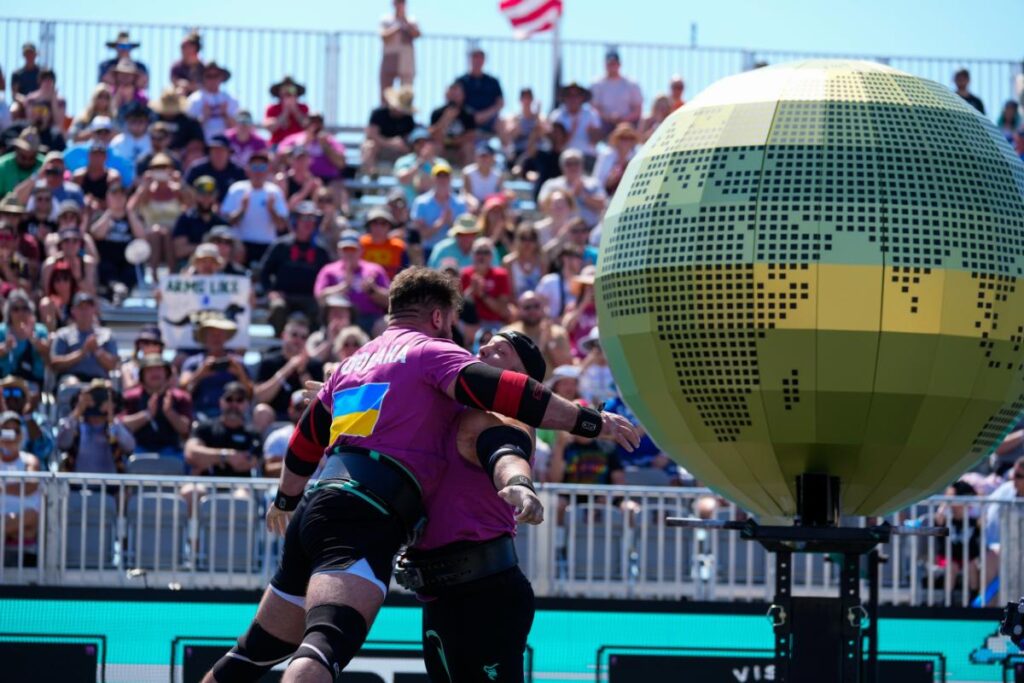
To sum up our conversation, which was pretty informative and fruitful, we can state that to become a competitive strongman and have chances to oppose other strong giants, it’s crucial to follow a well-considered training and nutritional routine.
Moreover, have a cool team of coaches, doctors, and nutritionists who will track your performance along your preparation, competition stages and have enough time for total rest and energy restoration is also an essential aspect for strongmen’s success.
Hope that Pavlo Kordiyaka will get numerous wins and show remarkable results during the upcoming strongman competitions, and will bring Ukraine another triumph in the continental and world arenas.
Keep following our media channels to know the latest news from the world of strongman events and weightlifting competitions, and find out eye-grabbing facts from the life and workout routine of prominent world-level athletes.
Follow Pavlo Kordiyaka’s Instagram to know first the upcoming competitions he’ll take part in, his day-to-day training routine, nutrition habits, and also get some insights on gaining the most effective workout sessions considering your training goals.
🔻Find Your Best Training: Take Our Quiz!
Are you ready to learn and grow? Take our simple quiz to discover the right training program for you. Let us help you succeed — click below to start the quiz!
Author: Sergii Putsov
Head of Sport Science, PhD
Best Results: Snatch – 165 kg,
C&J – 200 kg
Sergii Putsov, Ph.D., is a former professional weightlifter and National team member, achieving multiple medals in the 94 kg weight category at national competitions. With a Master’s degree in “Olympic & Professional Sport Training” and a Sport Science Ph.D. from the International Olympic Academy, Greece, Sergii now leads as the Head of Sport Science. He specializes in designing training programs, writing insightful blog articles, providing live commentary at international weightlifting events, and conducting educational seminars worldwide alongside Olympic weightlifting expert Oleksiy Torokhtiy.


